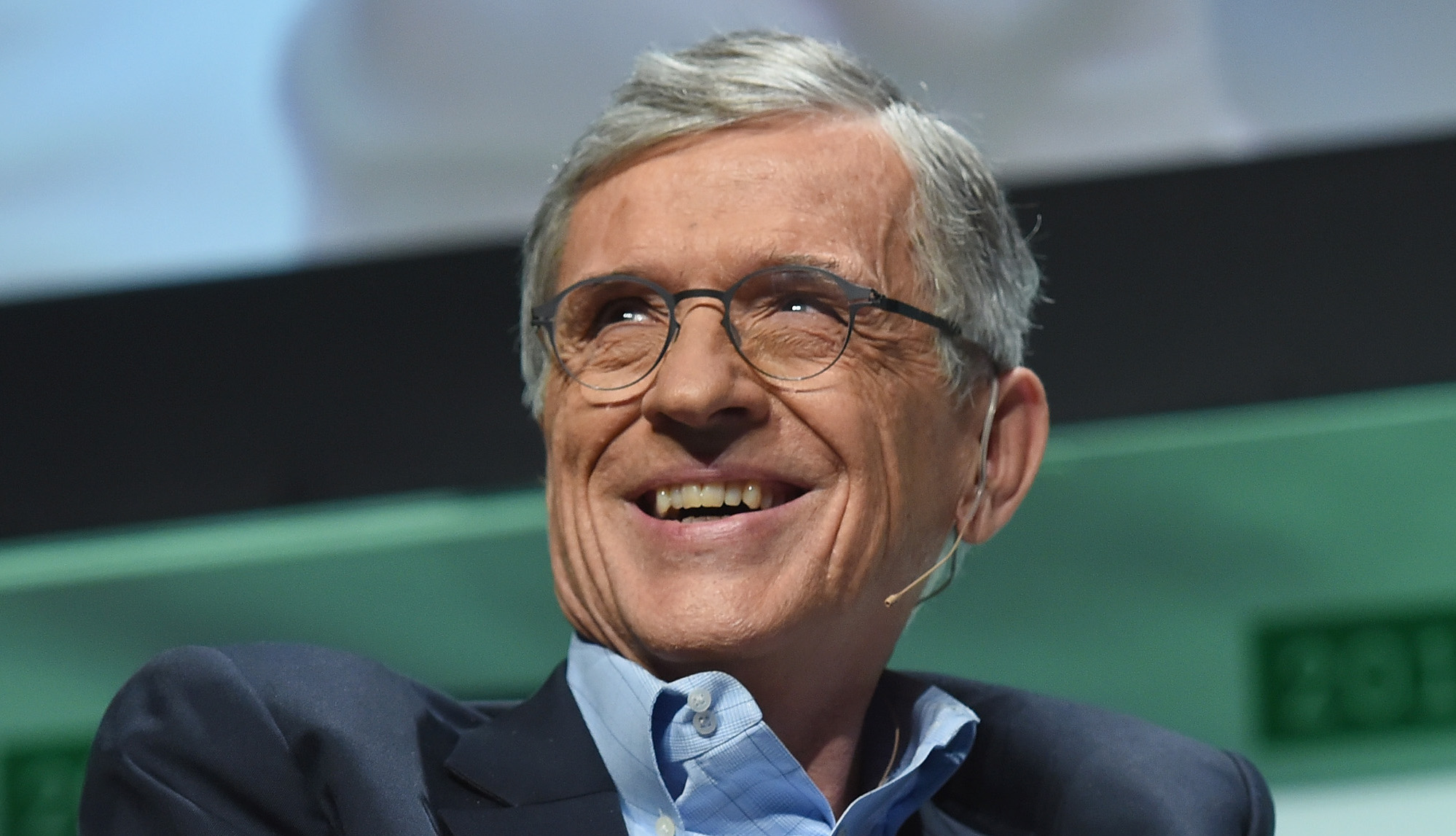Sign up for The Media Today, CJR’s daily newsletter.
In the aftermath of the deadly Capitol insurrection, Tom Wheeler—a technology regulation advocate and former chair of the Federal Communications Commission—got back to work. “These are the results of platform companies developing services without stopping to consider, ‘What are the consequences?’” he said. Wheeler, who is seventy-four—and, now, a Walter Shorenstein fellow at the Harvard Kennedy School—may be uniquely positioned to effect change.
Leading the FCC under Barack Obama, Wheeler imposed rules for net neutrality, privacy, and cybersecurity. Then Donald Trump took office, and Ajit Pai was appointed FCC head; all of Wheeler’s signature accomplishments were rolled back. “It was painful,” he said. “You have the things you fought hard for and believe strongly in, and then you see the manufacturing of alternative facts that were misleading and designed to do away with these kinds of improvements.”
When his term was up, Wheeler spent three months at the Aspen Institute (“A fermentation process,” he called it), mulling how to build a regulatory framework that could keep up with an industry whose mantra is “Move fast and break things.” He went to the Brookings Institution, then landed at Harvard, where, with two colleagues, he began to come up with an answer. Last August the trio—Wheeler, Phil Verveer, and Gene Kimmelman—released a proposal for a new government body, to be known as the Digital Platform Agency, that could regulate tech platforms just as the Federal Aviation Administration regulates airlines and aircraft builders.
“What we’re proposing is an agency that is reflective of the fact that internet capitalism is different from industrial capitalism,” Wheeler said. “The solution is not to try and force a square peg in the round hole.” Currently, oversight of technology companies falls to the FCC and the Federal Trade Commission; neither has the capacity to do much, especially given how quickly platforms change. In contrast, the Digital Platform Agency would be granted the authority to hold companies to account by applying principles of common law: duty of care, aimed at mitigating harm to consumers, and duty to deal, which ensures that monopolistic companies make essential services available to all, including potential competitors.
Regulating new technologies using centuries-old legal precepts may seem counterintuitive, but Wheeler is a history buff. His grandfather got him into it: “I had walked all the major battlefields of the Civil War with him before I could drive,” he said. Several years ago, on a tour of the National Archives, he saw handwritten copies of telegrams sent by Abraham Lincoln. “Those are Mr. Lincoln’s T-mails!” Wheeler was psyched. “I got so wrapped up in that idea that I wrote a book about it.”
Wheeler’s professional history made him something of an unlikely advocate for consumer-friendly tech: in the eighties and nineties, he lobbied for private telecom companies and, early on, his appointment to the FCC caused a controversy among technology reformists—a group gathered in his driveway bearing a banner that read “Save the internet!” Critics assumed Wheeler would side with the industry stakeholders he used to represent: “That is the equivalent of needing a babysitter and hiring a dingo,” John Oliver said on an episode of Last Week Tonight. Oliver’s fans bombarded the FCC with complaints until the agency’s website crashed. Speaking to a reporter, Wheeler said, “I’m not a dingo.” He came through, strengthening online consumer protections by classifying the internet as a public good. (In a follow-up segment, Oliver called him a “good dingo.”)
Having won over some of his harshest critics, Wheeler now looks back on the scrutiny as “a bucket of cold water to the face.” Out of government, he’s less likely to get hit. The Digital Platform Agency has its doubters—the Atlantic Council, a think tank that prizes international solutions, called it a “nation-state focused proposal, potentially appropriate for the 20th century when the world was not as networked as it is now”—but Wheeler contends that the agency will allow the United States to lead the world. Joe Biden has put tech regulation on his (long) to-do list, and, already, antitrust cases filed by the Justice Department against Google, Facebook, Amazon, and Apple have the potential to change the way American-made websites operate everywhere.
Even if the Digital Platform Agency doesn’t please everyone—and even if creating a new government body in a divided Congress is a long shot—Wheeler figures he’s in a position to flex his influence. He didn’t want to divulge much, but he’s “talking to people in Washington,” he said. “I know that the Biden administration knows of the proposals, and, you know, we’ll see how they develop.” He’s willing to be patient. “I think those of us who are tech policy wonks need to take a deep breath,” he said, “and recognize that, while we think that the world revolves around us and our issues, there are a host of existential issues that this administration needs to deal with first.”
ICYMI: How Joanne McNeil copes with the inundation of news online
Has America ever needed a media defender more than now? Help us by joining CJR today.



